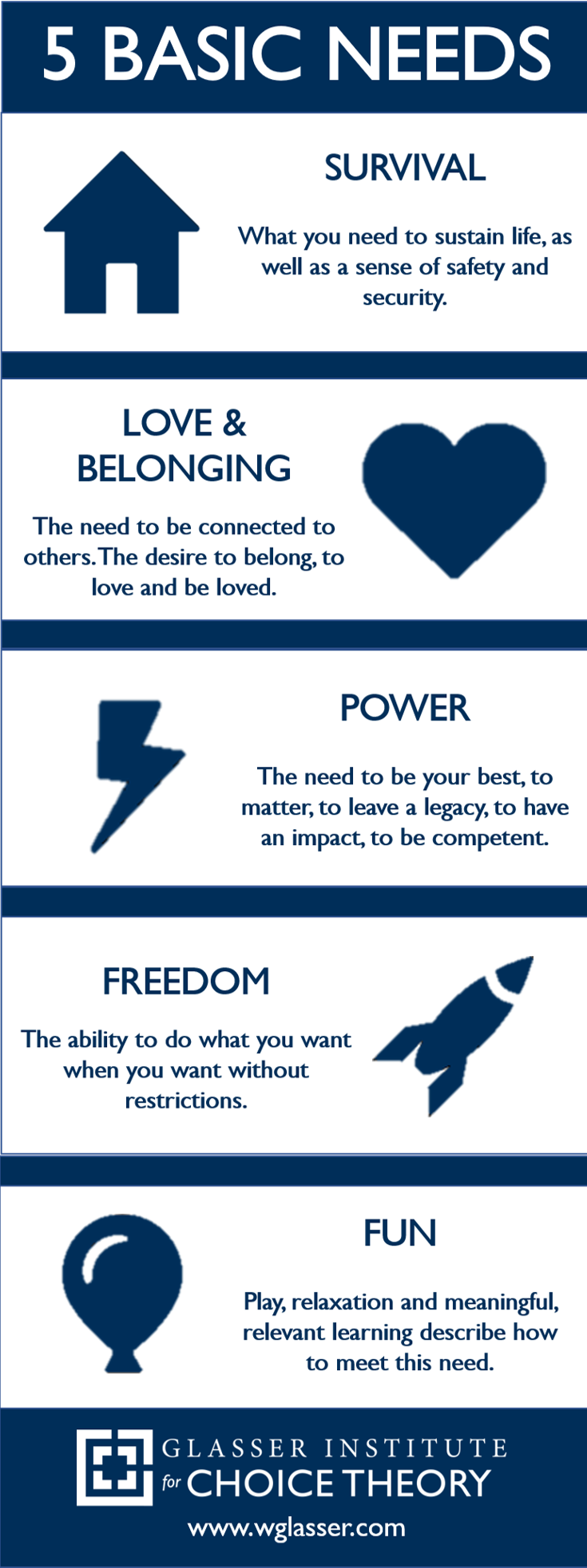Understanding and Embracing the Emotional Journey
- arvind jairam
- Nov 9, 2023
- 3 min read
Updated: May 14, 2024
Emotions: Friends or Foes?
Have you ever wondered what is the point of emotions? In the current pace of life (and economy!), emotions often seem like a roadblock to our pursuit of success and inner peace. With so many of them to contend with, it's easy to see why many view emotions as a hindrance. But a psychological, physiological phenomenon that has taken billions of years to evolve must have a purpose right? Well, it does!

Emotions are essentially messengers that signal the need for change, whether it be a change in our thoughts, behaviors, environment, or relationships. They act as an outward, physiological outlet for our subtle feelings that might have otherwise gone unnoticed or been too overwhelming to deal with in the first place. Emotions are both a physiological release and a psychological indicator, guiding us toward making necessary adjustments in our lives.
Accept and Regulate, Not Avoid and Suppress
From a young age, we are often told to control our emotions, as if being "too emotional" is something to be ashamed of. Emotional expressions and outlets are frequently frowned upon, and many learn to ignore or suppress them. As a result, the only time we tend to see emotional expression is when there's an outburst. Outbursts of grief, fear, or more notoriously anger are usually unintentional, ill-timed, and can end up causing more harm than good. There's no control or proper channelization of emotions; it's like a dam that bursts, sweeping everything and everyone in its path.
On the other hand, if we understand that emotions serve a crucial function in our lives and give them the acceptance and acknowledgment they deserve, we can learn a great deal from them. Emotions can help us steer our lives in the right direction if we learn to understand and regulate them at the right time.
Emotional Literacy: The path to building awareness and resilience
Emotional literacy is one of the most valuable gifts we can give to our children and young people. With this intention, Yuvabe mentor Sriman invited Dr. Aditya Varma, a therapist and somatic healer, to conduct workshops on the topic of Emotional Resilience for our youth. This skill will be invaluable throughout their lives, especially in the face of life's ever-changing circumstances. Here are some things that we explored over the course of two different workshops:

1. The Diversity of Emotional Perspectives: The workshop started with a storytelling exercise where participants discussed the story of Bhishma from the epic Mahabharata. Each group was tasked with identifying the primary emotions that stand out in the narrative. What unfolded was nothing short of remarkable. Among just five groups, there emerged five distinct interpretations of the story and its associated emotions, emphasizing the diversity of emotional perspectives, even when it is the same story. It became pretty clear that there is no one way to feel about one thing and they are all valid, however varied. This immediately set the tone for the workshop.
2. Glasser’s Choice Theory: Dr. Aditya introduced to us this valuable tool for identifying unmet needs in one's life. The theory identifies five fundamental elements for understanding our behaviour and decision-making. We were encouraged to employ this framework when feeling overwhelmed or unsatisfied, enabling them to pinpoint the missing pieces in their lives. Like everything else, our emotional landscape is ever-changing. As we journey through life, our needs and priorities evolve, and so does the importance we assign to fulfilling those needs. The way we identify with the framework thus, is also always changing.

4. Visualization as a way to regulation: A particularly impactful exercise involved visualization. Participants were asked to recall a moderately painful or disturbing memory and then identify the emotions associated with that memory. They were guided to locate where these emotions resided in their bodies. Breathing in and out, they released the grip of discomfort, allowing these emotions to dissipate.
5. The Emotional Wheel: Dr. Aditya also introduced an emotional wheel with six parts, providing a structured vocabulary for identifying and expressing emotions.
The two-part workshop on emotional resiliency offered a profound journey of self-discovery. It encouraged our youth to appreciate emotions, recognize the nuances of distress and eustress, and the ever-evolving nature of human needs. We are grateful for the two remarkable workshops with Dr. Aditya and look forward to more opportunities to enhance our emotional literacy and resilience.
.png)




Comments